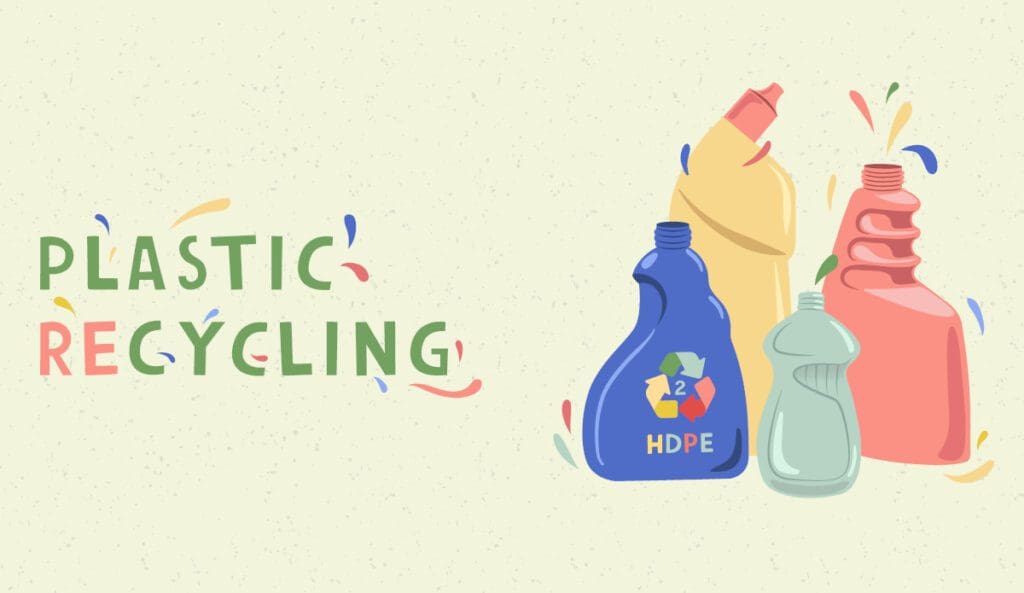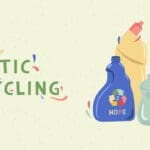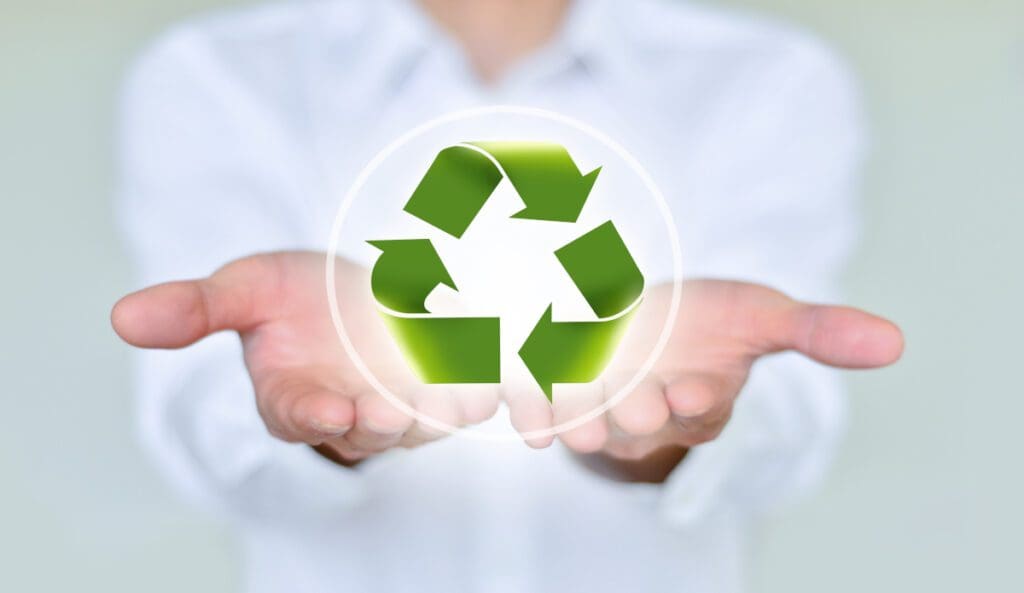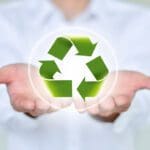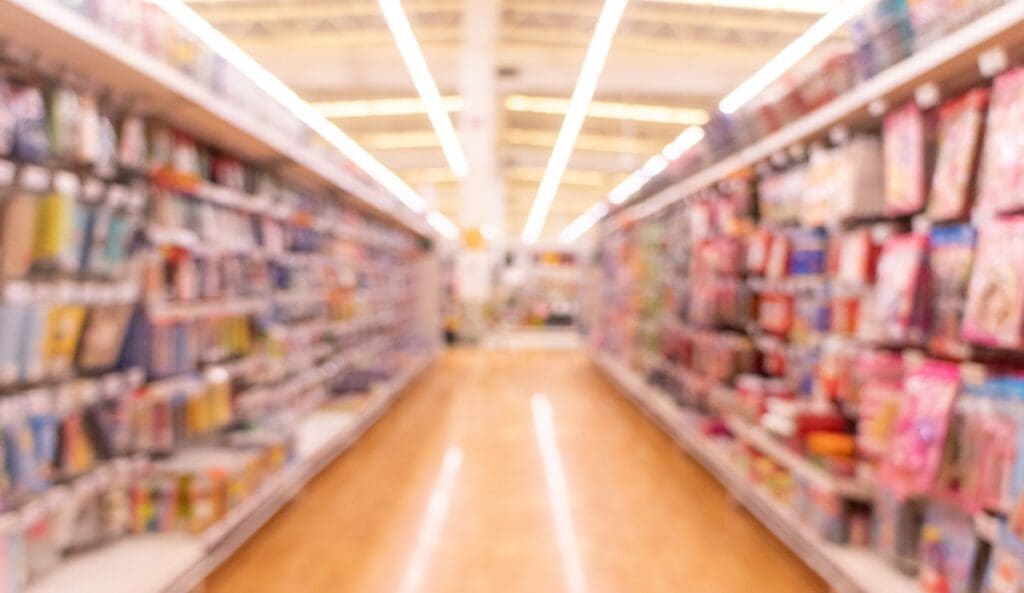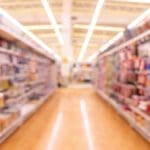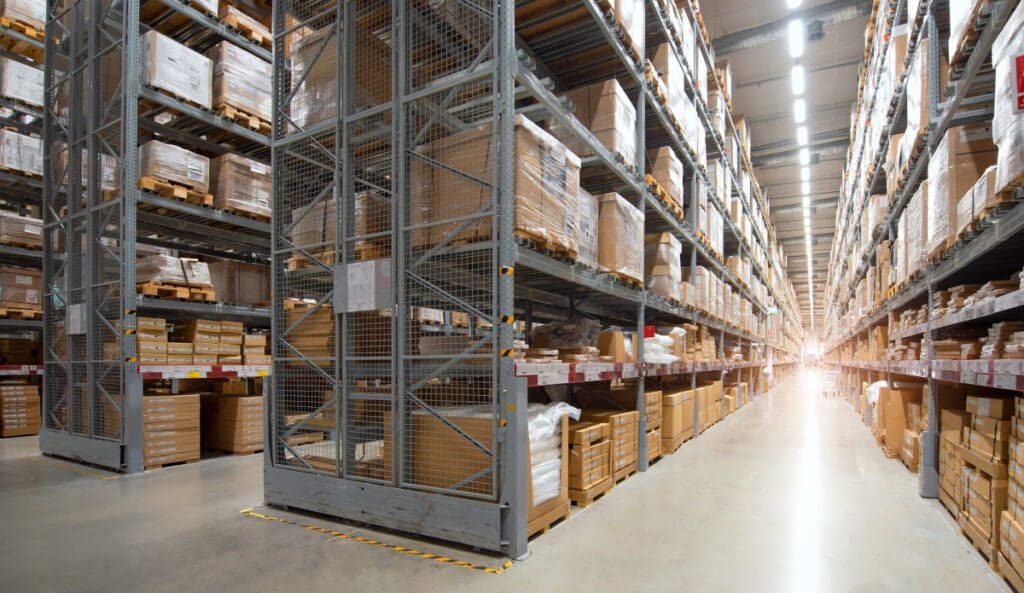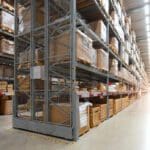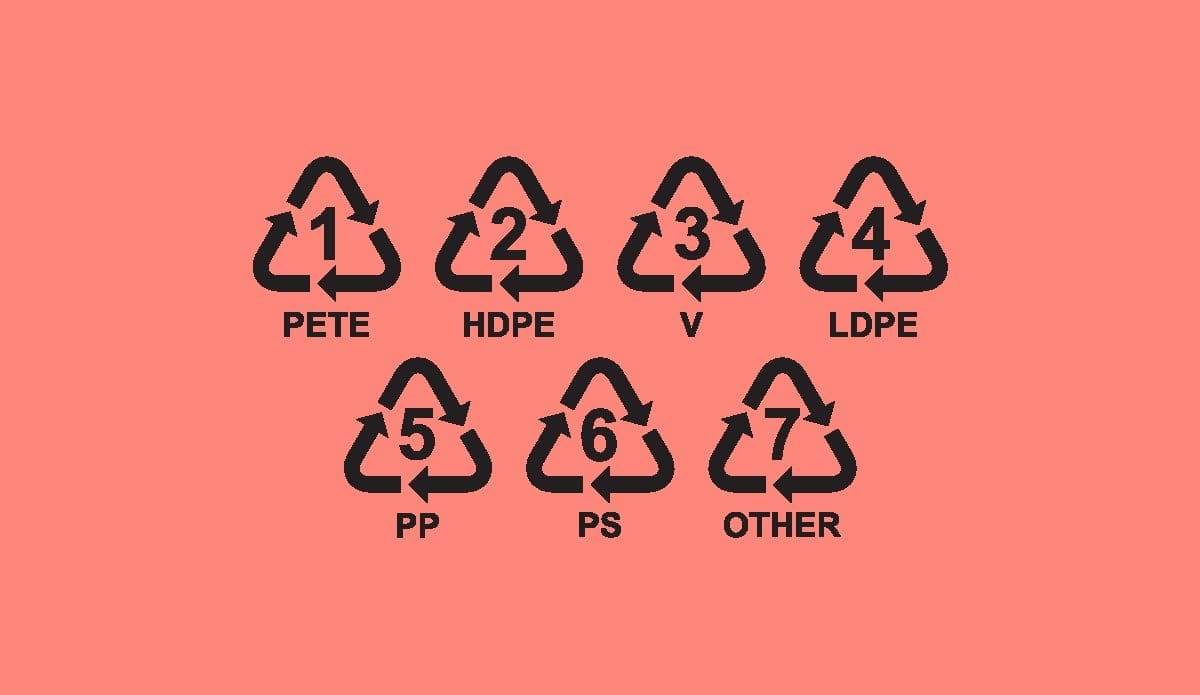
The Importance of Recycled Plastic in Packaging and Handling
In order to truly make recycling a viable option and closing the loop for plastic, it’s time to embrace recycled plastic products.
Recycling plastic has its disadvantages; with contamination of products, limited NZ on-shore recycling options, and poor consumer practices, most of our plastic is still going to landfill. However, other than removing packaging completely, recycling plastic is still the best option for packaging.
Why Not Degradable Plastics?
Biodegradable plastics seem like a good idea. The consumer doesn’t need to do anything other than throw out the plastic bottle, and the bottle disappears into the landfill and breaks down. But, it’s not that simple. Biodegradable plastics:
- Are essentially one-use plastics. They still use valuable resources in their creation which are then thrown away
- Don’t break down unless in specific conditions. Biodegradable bags may take years to decompose even in an appropriate, microbe-rich environment. ‘Compostable’ often requires industrially composted, which means it will never break down in your home compost.
- Can break down into methane if not in the right environment
- Can degrade on the shelf, meaning they never get used, high wastage
- Can break down incompletely, turning into microplastics
In the UK, all their compostable plastic had to be incinerated due to high levels of contamination. While they can be great, particularly in large events where food is served, they are of limited use in traditional retail.
What About Glass Instead of Plastic?
Glass is heavy and breakable, making it less suitable for transit, and adding to the need of packaging for cushioning the product. It also has its own problems in recycling, as melting it produces nitrogen oxide and carbon dioxide. A glass furnace runs 24/7 in order to sustain enough heat.
So the best option is still plastic recycling. There are considerable barriers to this, and the world needs to focus on better recycling schemes, educating households, and also asking companies to use certain types of plastics.
Major Limitation of Recycled Plastic: Not Usually Food Safe
For plastic to be considered safe for use with food, it must not affect the taste, odour, composition, or safety of the food it comes into contact with. This is a very high bar, because it means the plastic must all be of one kind (some kinds of plastic are not food safe), and not contaminated with anything else, such as food. This means there is limited ability to create food safe recycled plastic; post-consumer waste is not sorted to a high enough standard, and it requires costly washing and decontamination processes. Every step of the process must be broken down and scrupulous measures taken to ensure there is no contamination.
While recycled plastic can be food safe, it’s hard to do. As a result, food safe plastics are generally virgin plastic.
Recycled Plastic Uses
Luckily, there are multiple uses for non-food safe plastics. Better yet, you can incorporate these products in your business, closing the plastics loop and helping to meet your environmental standards.
Shampoo and Cosmetics Bottles
In 2017, Head & Shoulders created the world-first of a shampoo bottle made from recycled plastic, including 25% beach plastic. Their recycling company, TerraCycle, collected plastic in beach cleanups, creating a free resource for them, while helping clean up the environment. By 2019, they’d made more than 1 million bottles using this formula. Now, Herbal Essences (another Proctor and Gamble brand) are in the process of being made using recycled plastic too.
Cleaning Product Bottles
Cleaning products don’t need virgin plastic. While some chemicals should not come into contact with other products (i.e. if you mix bleach and vinegar or ammonia, you create a killer gas), the most rudimentary cleaning will be enough to negate that risk.
Companies such as the Australian Zero Co created a solution. Their bottles are aiming to use at least 50% recycled ocean plastic (but wanting 100% as technology progresses) and are designed to be refilled from pouches which are sent back to the companies to be cleaned and refilled.
Even better though, is refillable cleaning liquids, or buying dissolvable tablets that turn into the product, otherwise you’re paying for water.
Other Recycled Plastic Products
The world is embracing recycled plastic, and there are a huge range of consumer goods that use old bottles to make new products.
- Activewear
- Mats and rugs
- Shoes
- Yoga mats
- Swimwear
- Blankets
- Furniture
For Business Use: Crates and Black Pails for Storage and Transit
At IFP Group, we have a range of recycled plastic products. You can use these knowing you are helping to close the plastic recycling loop.
- Square 60L black bin with lid 430 x 430 x 550mm
- Square 100L black bin with lid 430 x 430 x 830mm
- Round 20L black pail with lid
- Nesting 22L bin in black with lid
- Stack and Nest 32L bin in black with lid
- Stack and Nest 52L bin in black with lid
- Stack and Nest 68L bin in black with lid
All these bins are made from 100% recycled polypropylene plastic. They are durable, water-tight, nestable when empty, and stacked when full. Ideal for storage and transit, however they are not deemed to be of a food-safe standard.
If you have questions about recycled plastic products, contact us to chat. We have had years in the industry and understand what you need- and we can help you remain compliant with your environmental goals.

